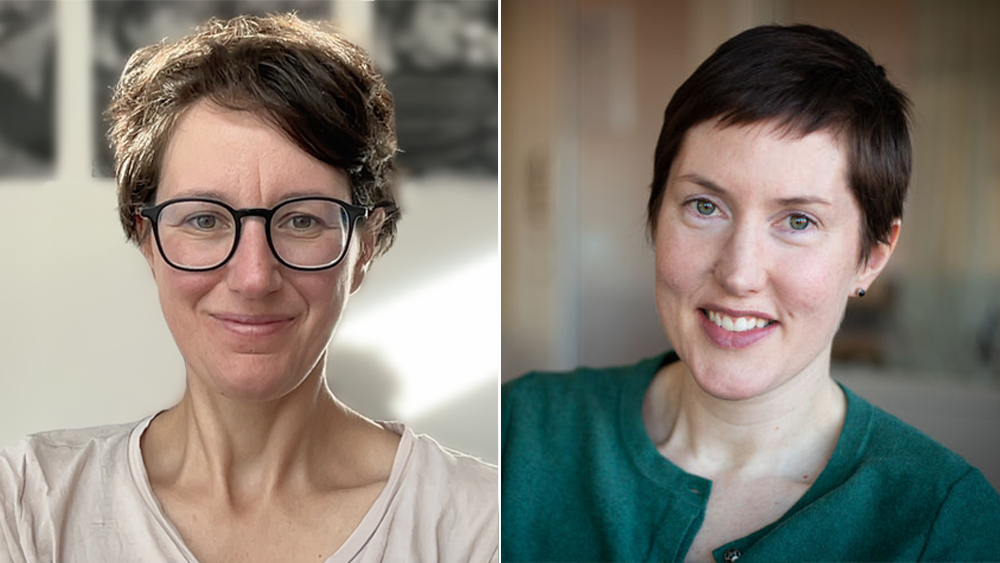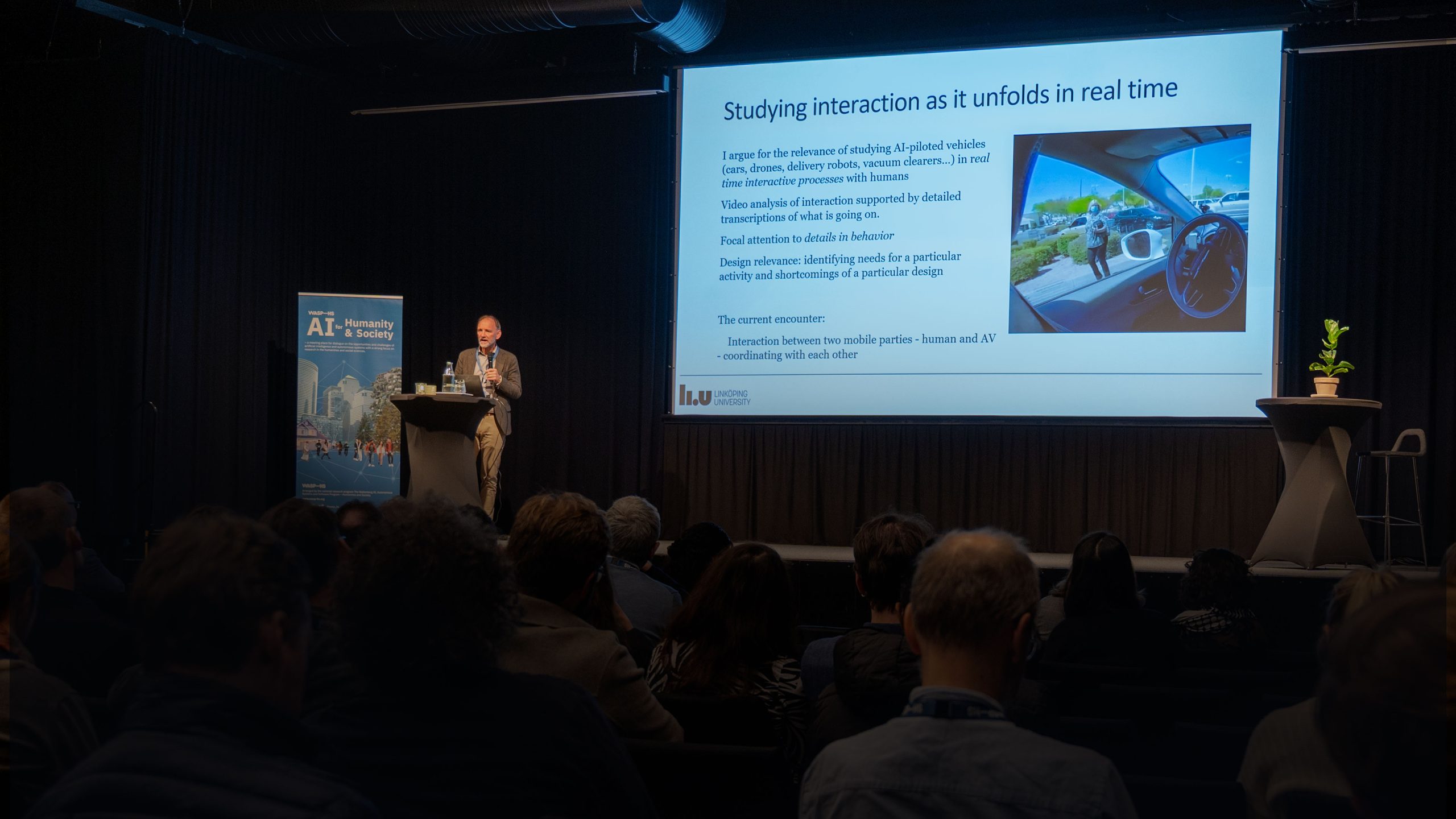Teresa Cerratto-Pargman, Associate Professor of Human-Computer interaction, Stockholm University, and PI for the WASP-HS project Ethical and Legal Challenges in Relationship to AI-driven Practices in Higher Education, writes in this blog post about AI-driven education.
Ethics is a prominent topic nowadays. With the increasing deployment of AI in various sectors of society, conversations about ethics are everywhere. From ethics washing to ethics bashing, a cacophony characterizes a discourse on ethics that reflects various research agendas, political forces, and economic interests.
In this context, Cormac McGrath and I looked at the use of AI in higher education which promises to transform the university into educational institutions driven by evidence-based practices. What are the risks with such a transformation? How will relations between student-educational institutions be affected? Who will be the most benefited from AI-driven education? Who will be the most affected?
With these questions in mind, we engaged with a literature review of the ethics of learning analytics in higher education. We are now happy to share the results of this effort in the following open access article published by the Journal of Learning Analytics/Society for Learning Analytics Research.
Here an excerpt from the article:
“Studies that further develop the sociocritical perspectives of LA in HE, focusing on the students (Slade & Prinsloo, 2013; Prinsloo & Slade, 2017a) and that engage with the structural power imbalance between LA stakeholders are promising (Chen & Zhu, 2019). In this line of thinking, perspectives that view ethics as matters of care (Prinsloo & Slade, 2017a; Puig de la Bellacasa, 2011) and data as a form of power (D’Ignazio & Klein, 2020) will certainly provide insights to reflect on decisions that, while seemingly just and fair, may not necessarily care about the people involved in HE (Johnson, 2018)”.
(This blog post is also published on the academic blog of Teresa Cerratto Pargman.)





